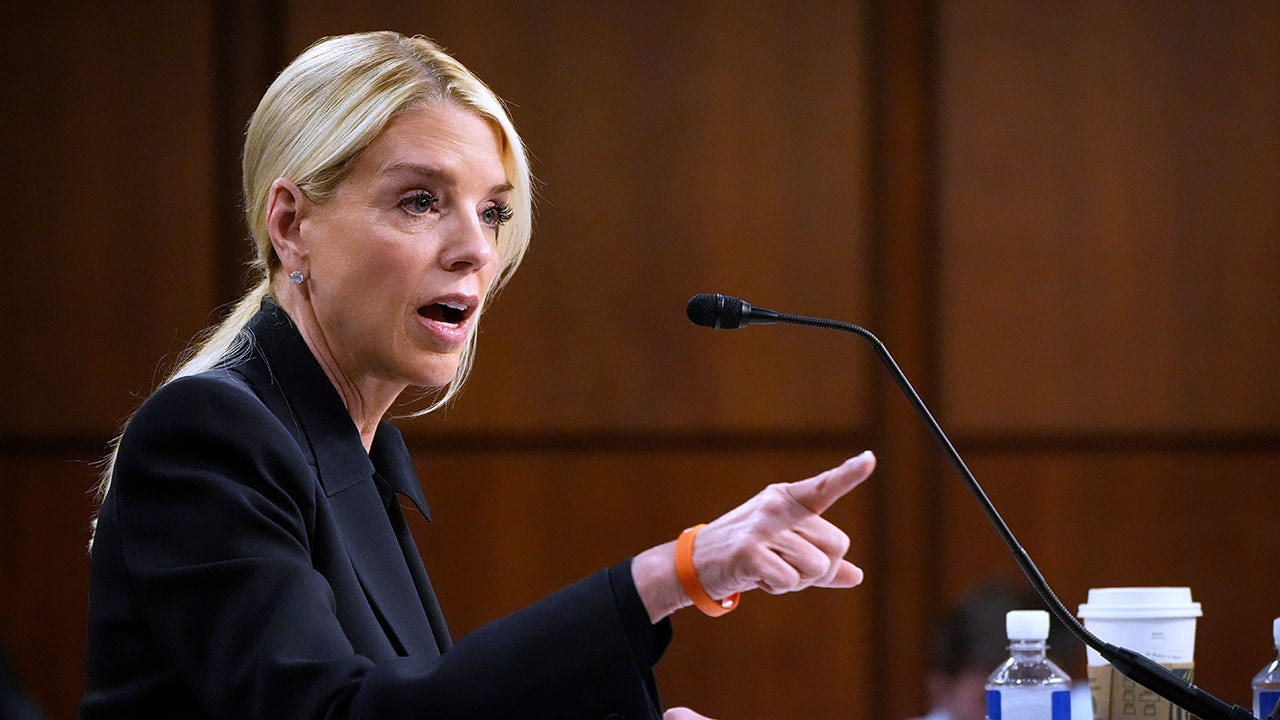Supreme Court weighs transgender youth treatments in landmark case

The Supreme Court heard oral arguments in a landmark case on Wednesday that could potentially impact the care and treatment for young transgender individuals in at least half of U.S. states. The case, United States v. Skrmetti, focuses on a Tennessee law that prohibits gender-transition treatments for adolescents in the state. This law, passed in March 2023, also targets health care providers who continue to offer such treatments to transgender minors, exposing them to fines, lawsuits, and other legal liabilities.
The central question in this case is whether Tennessee’s Senate Bill 1, which bans medical treatments aimed at allowing minors to transition genders or to address distress related to their gender identity, violates the Equal Protection Clause of the Fourteenth Amendment. This case marks the first time the Supreme Court has considered restrictions on puberty blockers, hormone therapy, and surgery for minors, amid a wave of similar laws being passed in other states.
During the oral arguments, the court grappled with the level of scrutiny that should be applied when assessing the constitutionality of laws restricting transgender medical care for minors. The petitioners, represented by the Biden administration and the ACLU, argued for heightened scrutiny, while the state of Tennessee advocated for a more deferential rational basis test.
The petitioners contended that SB1 discriminates against individuals based on sex, warranting a higher level of scrutiny under the Equal Protection Clause. They highlighted how the law prohibits treatment based on a person’s sex assigned at birth, rather than their affirmed gender identity. They argued that this classification is discriminatory and unconstitutional.
On the other hand, the state of Tennessee defended SB1 as a measure to protect minors from what they deemed as risky and unproven medical interventions. They argued that the law is based on medical purposes, not the patient’s sex, and therefore does not trigger heightened scrutiny. They maintained that the law draws a purpose-based line, not a sex-based one.
As justices questioned both sides on the classification and application of SB1, the court grappled with the implications of the case on transgender rights and the ability of states to regulate medical care for minors. The ruling in this case could have far-reaching consequences for transgender individuals across the country.
The Supreme Court is expected to issue a decision on United States v. Skrmetti before July 2025. This case underscores the ongoing legal battles over transgender rights and the broader societal debate surrounding gender identity and medical care for minors. The outcome of this case will undoubtedly shape the landscape of transgender rights and healthcare in the United States.




